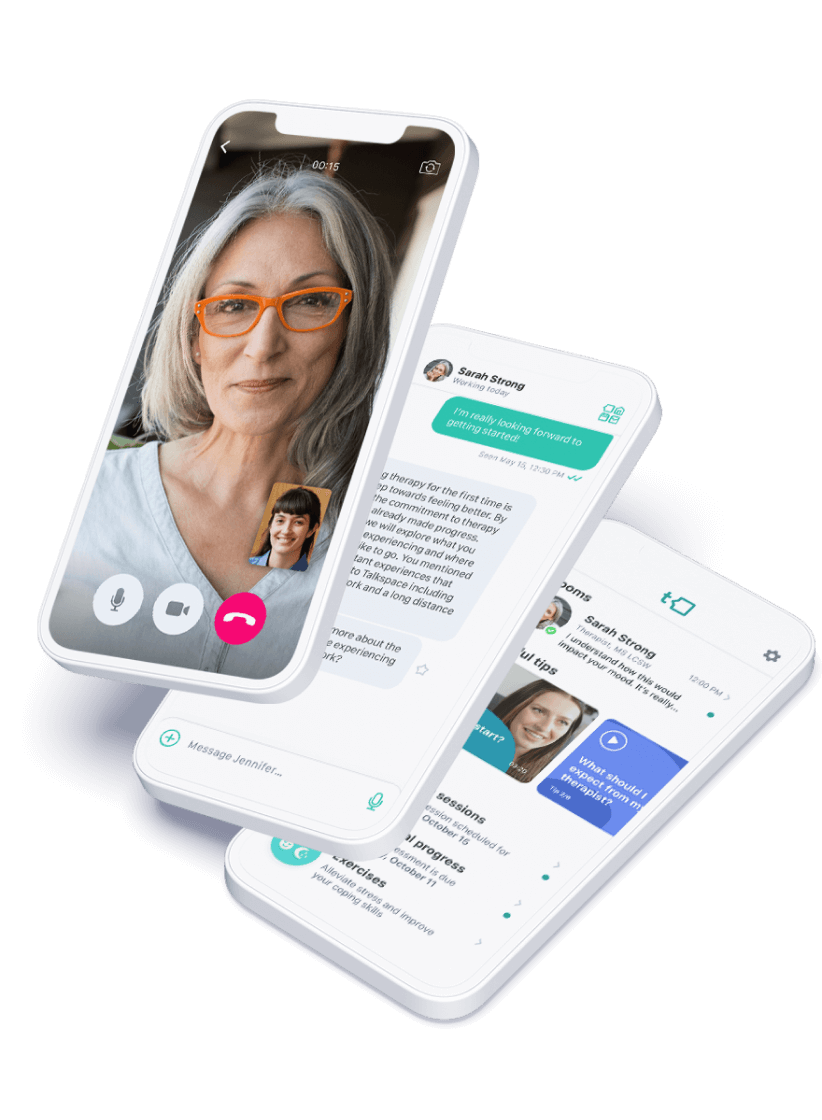How to Treat Social Anxiety
Luckily, treatment options are available for social anxiety disorder. Treatment plans are individualized and tailored to someone’s specific needs, depending on the severity of the disorder and its impact on quality of life. Types of treatment include:


